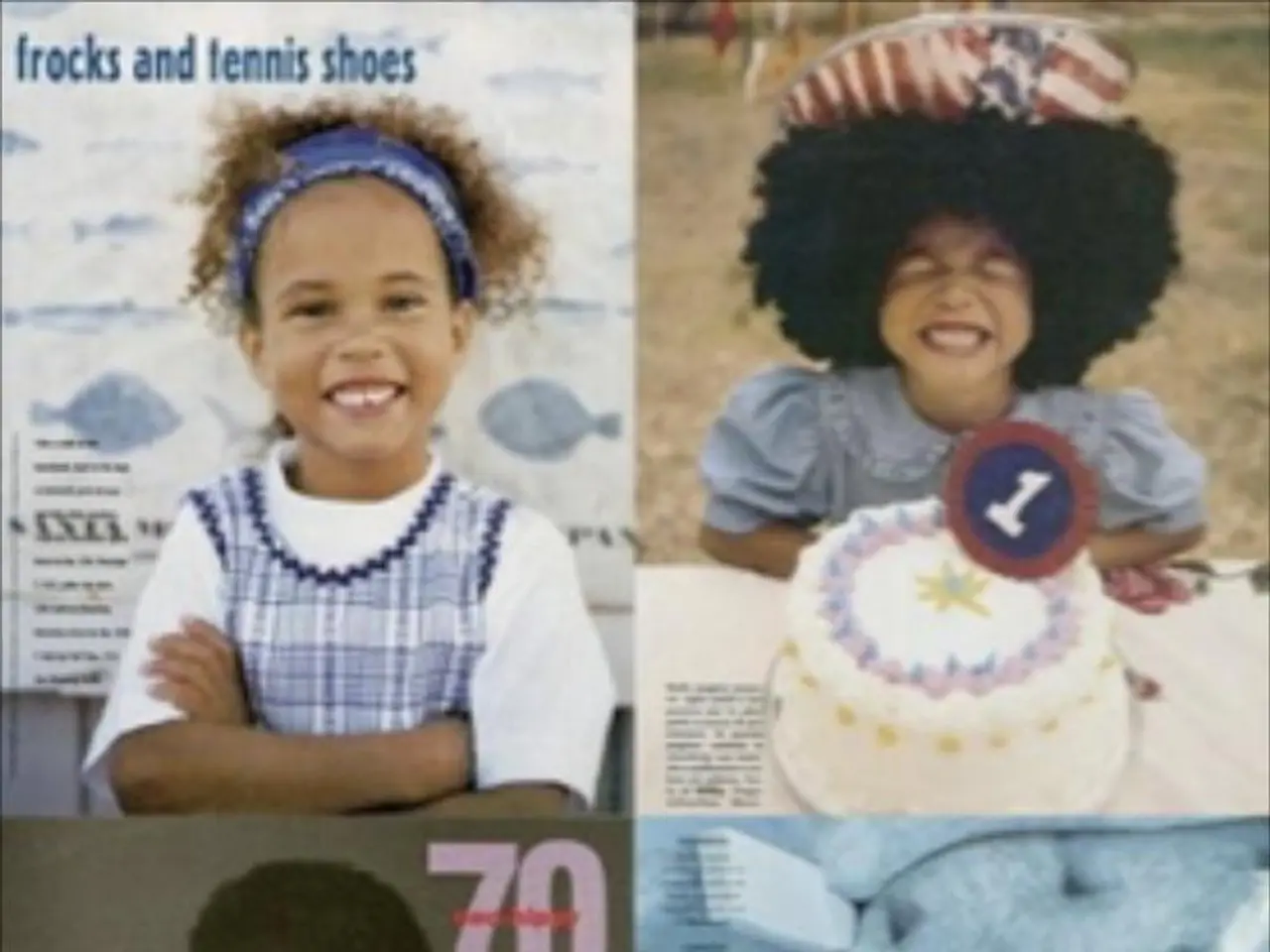Healing Childhood Traumas Through the Five Expressions of Love: A Connection-Based Approach
In the journey towards healing from childhood trauma, understanding and expressing love in meaningful ways can be a powerful ally. The 5 Love Languages, a concept introduced by Dr. Gary Chapman, offers a framework that helps individuals address core emotional wounds formed in early life.
The five love languages—Words of Affirmation, Acts of Service, Receiving Gifts, Quality Time, and Physical Touch—provide a mirror, reflecting unmet needs and helping individuals stop "chasing" love by identifying how they most deeply feel valued and safe.
Words of Affirmation provide verbal reassurance, encouragement, and validation, countering feelings of worthlessness or neglect from childhood. Hearing kind words and affirmations can help heal emotional scars and foster a sense of self-worth.
Acts of Service demonstrate concrete care and reliability, helping to rebuild trust and showing that the person’s needs matter. Simple acts like running errands, cooking meals, or helping with chores can go a long way in showing that you care and are there to support them.
Receiving Gifts symbolizes thoughtful attention and presence, offering tangible proof of being seen and valued beyond abstract words. A thoughtful gift can show that you have taken the time to think about their needs and desires, fostering a sense of being cherished.
Quality Time emphasizes undistracted, focused presence, which supports healing from emotional abandonment by fostering deep connection and attunement. Spending quality time together, free from distractions, can help repair damaged relationships and promote emotional intimacy.
Physical Touch, when safe and consensual, offers comfort and security, helping to soothe trauma-related hypervigilance and promote bonding. A warm hug, a gentle touch, or a reassuring hand on the shoulder can provide a sense of safety and security, reducing feelings of anxiety and stress.
By understanding and exercising their love language, individuals can fill emotional gaps and strengthen their relationships. For caregivers, partners, or therapists, this understanding can provide a structured way to meet trauma survivors' emotional needs according to their personal "wounds," supporting emotional regulation, attachment repair, and healing from past relational trauma.
While newer frameworks also highlight additional important relational elements such as consistency, vulnerability, and attunement, the 5 Love Languages remain a practical tool for fostering love and healing after childhood trauma. By consciously choosing to express love in ways that resonate with the receiver, we can help heal emotional wounds and deepen our connections with others.
The 5 Love Languages, a framework in education-and-self-development, is beneficial for understanding and expressing love in ways that aid in healing from childhood trauma, as it highlights and addresses core emotional wounds formed in early life. Words of Affirmation, Acts of Service, Receiving Gifts, Quality Time, and Physical Touch are the languages, each serving unique purposes in fostering personal-growth, self-worth, connection, trust, and security.
Adopting these languages in relationships can lead to attachment repair and healing from past relational trauma. Caregivers, partners, or therapists can utilize this framework to meet trauma survivors' emotional needs and support their emotional regulation by catering to their personal-preferences and 'wounds.'
Beyond the 5 Love Languages, other dimensions of relationships such as consistency, vulnerability, and attunement are equally crucial for nurturing and strengthening all types of relationships. Nonetheless, the 5 Love Languages continue to be a practical tool in science-based health-and-wellness, helping to heal emotional wounds and deepen connections with others.
In lifestyle and mental-health, understanding and consciously choosing to express love in ways that resonate with the receiver can lead to improved overall well-being and reduced stress levels, making relationships a meaningful source of love and support.




